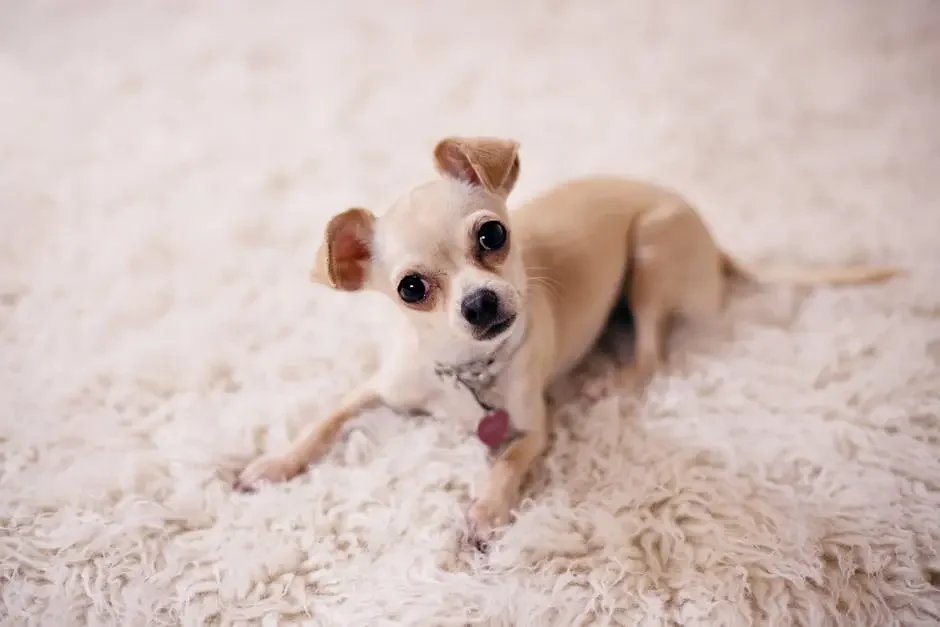8 Ways to Prepare Your Home for New Puppies Near Me
Bringing home a new puppy is an exciting time. However, it requires a bit of preparation to ensure that your home is a safe and welcoming space for your new furry family member. In this guide, we'll walk you through practical steps to puppy-proof your home, making sure you're ready for both the challenges and joys ahead.
1. Creating a Safe Puppy Space
Designate a specific area in your home where your puppy can relax and play without risk. Use baby gates or pet barriers to limit access to off-limits areas. This helps in maintaining a controlled environment as your puppy gets used to their new surroundings.
Puppies feel more secure when they have a space of their own. Incorporate soft blankets and a small bed to create a cozy spot where your puppy can retreat for naps or downtime. Keep their favorite toys nearby to make the space both fun and comforting. Over time, you can gradually expand their roaming area as they become more familiar and comfortable within their new home.
2. Puppy-Proofing Household Hazards
Just like with children, puppies are naturally curious. Ensure cords, sharp objects, and chemicals are stored safely out of reach. Secure cabinets with latches if necessary, and remove any plants that might be toxic to dogs.
It's essential to walk through each room from your puppy's perspective. Look for potential hazards like dangling cords from blinds, small objects they might swallow, or spaces where they could get stuck. Cover electrical outlets and create a checklist to ensure all potential dangers are mitigated. Being thorough now can prevent accidents later, allowing your puppy to explore without worry.
3. Stocking Up on Puppy Essentials
Before bringing your puppy home, gather the essentials such as food and water bowls, a comfortable bed, toys, and grooming supplies. Having these items ready will help your puppy feel more at ease and welcomed.
Choosing the right tools is essential for your puppy's health and happiness. Select a variety of chew toys that cater to teething, and make sure they are of different textures to keep your puppy engaged. Look for a durable crate or carrier, which can assist with the transition process and provide a secure space during travels. Always ensure that any products you bring home are specifically designed for puppies to keep them safe and entertained.
4. Setting Up a Feeding Routine
Establish a consistent feeding schedule for your puppy from day one. This not only aids in digestion but also helps with house training by predicting bathroom times. Consult your vet on the appropriate type and amount of food needed.
Feeding routines can greatly influence a puppy's development. Offer meals at the same times every day, using a quiet and designated feeding area. Introduce a variety of nutrient-rich foods that are vet-approved, and always have fresh water accessible. Monitor your puppy's reactions to new foods and adjust portions as advised by your veterinarian. Over time, this consistent approach will foster good eating habits and support their growth.
5. Introducing Behavior Basics
Start introducing basic commands such as 'sit' and 'stay'. This early training will set a helpful precedent for more advanced obedience lessons later on, and use positive reinforcement to encourage good behavior.
Consider registering for an introductory puppy obedience class in your neighborhood. These classes not only cultivate discipline in your puppy but also provide opportunities for them to interact with other dogs and their handlers, enhancing social skills. Remember, training should be fun and positive. Consistency, patience, and rewards make the best recipe for successful training sessions.
6. Ensuring a Supportive Social Environment
Gradually introduce your puppy to new sights, sounds, and people. This will help them develop confidence and reduce anxiety in unfamiliar situations. Puppy socialization classes can be a wonderful way to support this development.
7. Creating a Potty Training Plan
Decide on the best potty training method for your household, whether it's paper training or outdoor toilet trips. Consistency is key, so be patient and persistent with your training regimen.
8. Maintaining a Clean and Organized Home
Puppies are prone to messes, so consider how you'll keep your home tidy. Have cleaning supplies on hand and establish zones for eating, playing, and resting to minimize chaos.


